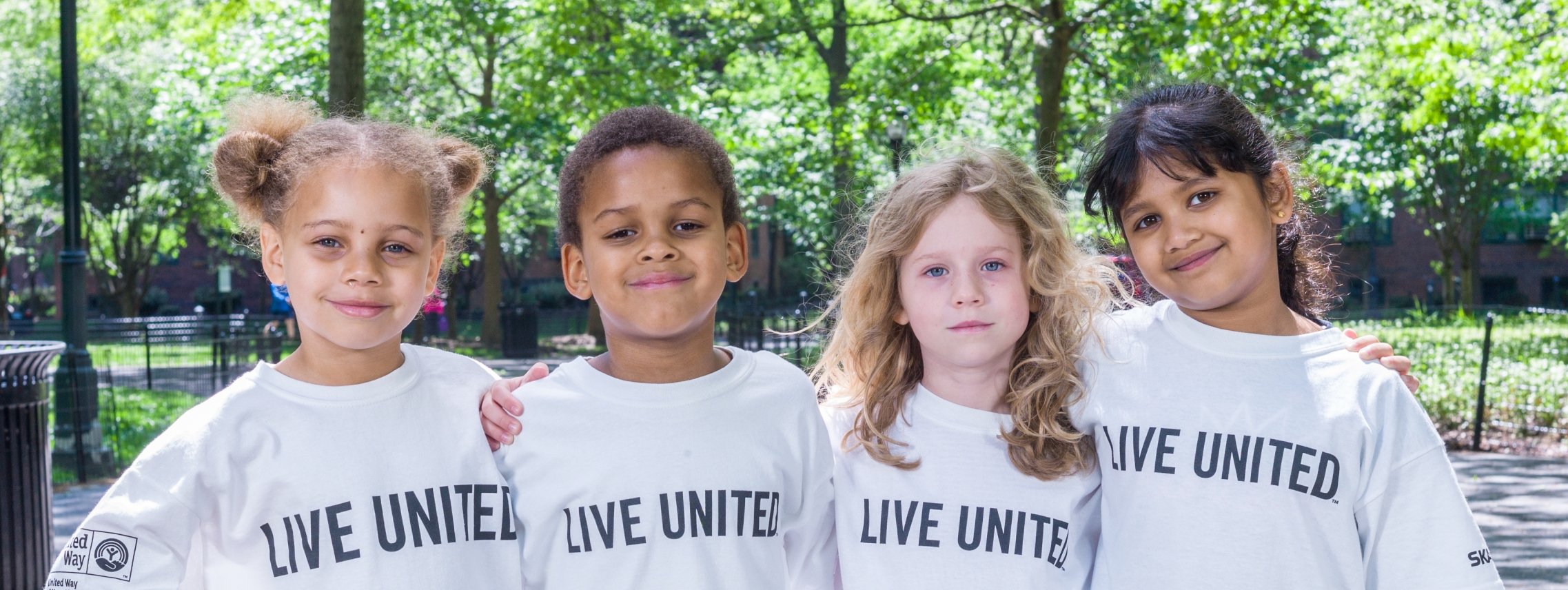It’s hard to focus on homework when, once again, you must collect your things and move to a new couch.
It’s hard to be productive at work when you’ve skipped meals this week to ensure your kids have enough to eat.
It’s hard to even start a career without a diploma— a decision you made years ago when dropping out seemed better than not belonging at school.
Living in poverty is hard. And it’s a struggle that our neighbors face every day.
Some of us can’t imagine it. Lots of us don’t have to. The reality is that we need to face it.
United to Fight Poverty
Intergenerational poverty is the most pressing issue of our time. Philadelphia is our nation’s poorest big city, and we serve some of the poorest communities in southeastern Pennsylvania and southern New Jersey. Each day, more than 705,000 adults and children live in poverty.
It’s unacceptable, and it’s why we’ve committed to ending poverty—the kind that traps our families for generations—one child, one adult and one family at a time.
Over the past 18 months, we have engaged in a comprehensive, long-range planning process designed to deepen our impact and align our Impact Fund investments around one singular cause – to end intergenerational poverty in our region. Our focus will be on building youth success and family stability in the communities we serve.
Joining the Fight
Today, we announced an investment of $14.1 million dollars into solutions and interventions focused on fighting intergenerational poverty, the first of which includes $12.1 million in three-year general operating grants and investments in signature programs throughout the region. The process was led by our Regional Board of Directors, specifically the Impact Strategy Committee, and informed by approximately 100 community volunteers who reviewed applications from 261 organizations over two months this spring. Together, we’ve identified more than 120 partners who will stand alongside us, driving measurable results in the poverty-fighting areas where we can make the biggest difference: early learning, career pathways and pipelines, and economic self-sufficiency.
By combining our grant-making ability with convening power, volunteer mobilization, advocacy support and capacity-building efforts, we can work together to strengthen the health and human services sector and help more neighbors access the services they need.
Ending poverty is a monumental task, and one that we can’t tackle alone. We need committed champions, vocal advocates and strong partners. Which one are you? Learn more about our work.

